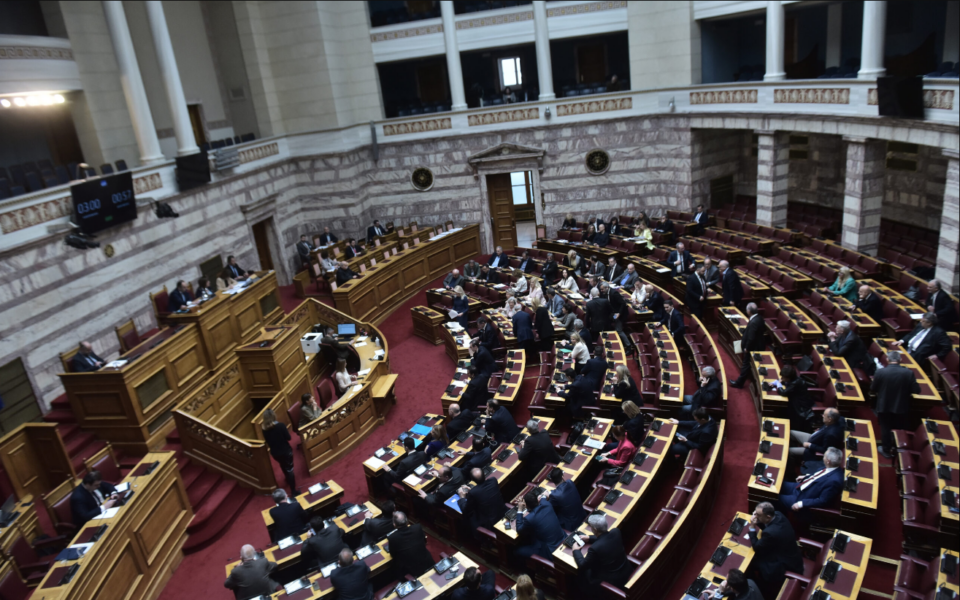Private universities bill adopted

The Greek Parliament has passed the bill allowing the operation of private, non-profit universities, with 159 MPs voting in favor and 129 against.
Eleven MPs in the 300-member assembly voted “present.”
The vote ended shortly after midnight after a contentious debate that often turned personal.
The announcement of the result was delayed until after midnight by three lawmakers from a small populist party, Course of Freedom, who remained seated and studied a printout of the draft law for over two hours after everyone else had cast their ballots and left. The party had earlier said it would vote against the bill.
Prime Minister Kyriakos Mitsotakis criticized socialist PASOK leader Nikos Androulakis for the inconsistency of his proposals, ostensibly in favor of private universities, while imposing party discipline for a negative vote on the bill. Sokratis Famellos, parliamentary leader of the main opposition SYRIZA party said the bill was designed for the profiteering by certain funds, led by people close to the government. And Education Minister Kyriakos Pierrakakis, a former PASOK member, was labeled a “janissary” by a cadre of his former party.
A protest against the bill earlier Friday turned violent, with 7 police officers and 9 university students injured.
Although some private higher education is already legal in Greece, the new law would make degrees from vetted private institutions equivalent to public universities. Overseas universities would be allowed to open branches in Greece using a nonprofit status, despite charging tuition fees.
More than 650,000 students are currently enrolled at state-run universities in Greece and an additional 40,000 are studying abroad, according to Education Ministry officials who briefed lawmakers before this week’s debate.
The Mitsotakis government, early in its second term and with a huge lead in opinion polls, has carried out several major reforms in recent weeks, including legalizing same-sex marriage and introducing a postal vote for the upcoming European Parliament elections in June. [Kathimerini/AP]





